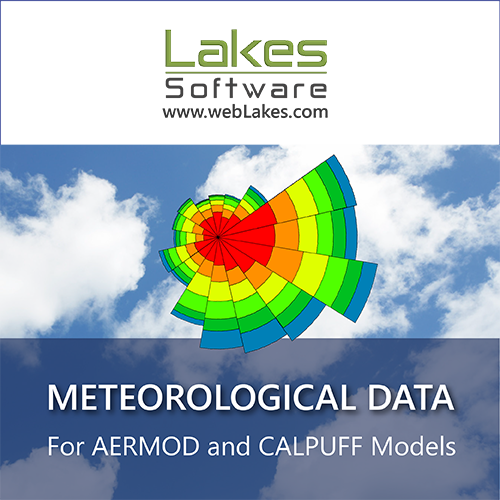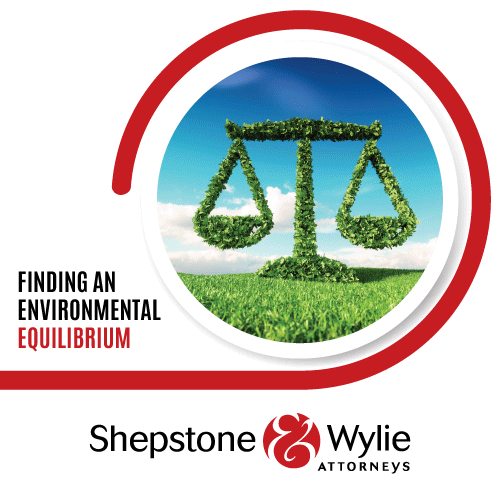Fine PM emission factors from residential burning of solid fuels using traditional cast-iron coal stoves
DOI:
https://doi.org/10.17159/2410-972X/2018/v28n1a10Keywords:
Residential burning, emission factor, low-income settlements, particulate matterAbstract
Residential burning of solid fuels is a major source of fine particulate matter (PM2.5), which degrades indoor and ambient air quality in low-income settlements. The adverse impact of fine particulate emissions on the environment and human health is well-documented in other countries such as China and India; however, there is need for local studies to report on emission factors from residential burning of solid fuels. An emission factor quantifies the total mass of a pollutant emitted per amount of fuel burned. Emission factor is an input parameter in air quality modelling to forecast a pollutant concentrations over time and when calculating total emissions from a specific source. Local emission factors are central to managing air quality for they give results that are representative of the source compared with international emission factors. Quantifying emissions, understanding household fuel use patterns and interaction with the stove (stove operation behaviour) during a burning event is fundamental when designing emission control strategies. The aim of the study is to quantify fine particulate matter emissions from residential coal burning using systematic field measurements. The objectives of the study are (i) to characterize stove operation behavior effect on the emissions and (ii) to quantify PM2.5 emission factors using field measurements. Isokinetic (2015) and direct (2014) stack sampling tests were done to observe how PM emissions profiles change with stove operation behavior and to quantify PM2.5 emitted per kilogram of fuel burned. Fine PM emission profiles change with stove operation behavior with an emission factor ranging 6.8 g.kg-1 and 13.5 g.kg-1. The study results implies that residential coal burning is a major source of fine particulate matter in the residential area. As demonstrated that stove operation behaviour affect stove to fuel combination emissions; it is therefore suggested that those factors leading to increase emissions should be kept minimum.
Downloads
Downloads
Published
How to Cite
Issue
Section
License

All articles are published under a Creative Commons Attribution 4.0 International License; copyright is retained by the authors. Readers are welcome to reproduce, share and adapt the content without permission provided the source is attributed.








.png)